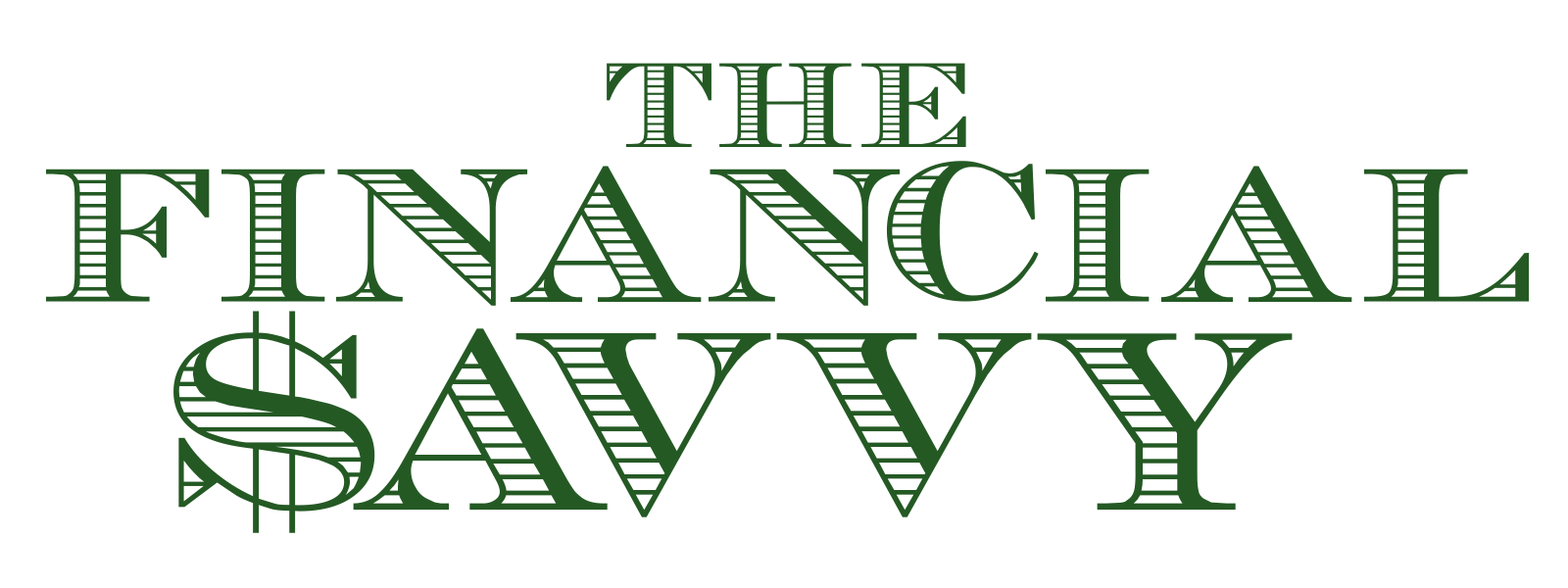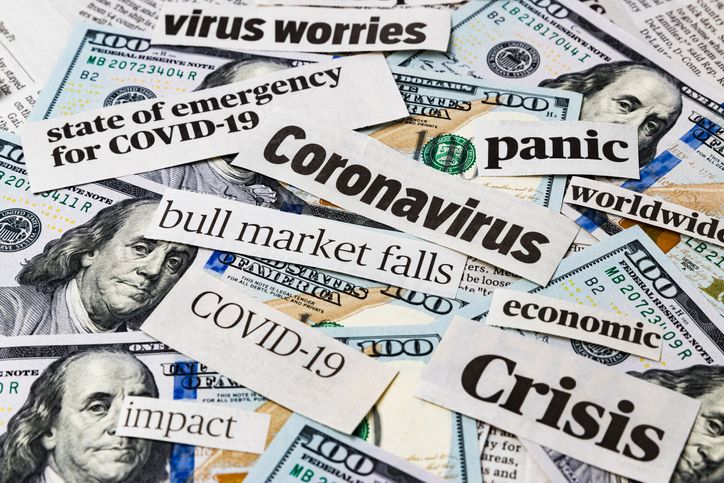Advertisement
In The Midst Of A Recession, Is It Better To Save Or Pay-Off Debt?
By Jon Gardocki
Advertisement - Continue reading below

With the possibility of a recession looming over our heads, many individuals are wondering if saving for a rainy day or paying off debt is more important. Thankfully, there is no right or wrong answer when it comes to deciding whether to save or pay off debt during a national financial crisis. Ultimately, the best decision is the one that works best for your individual financial situation.
Some people believe that it is more important to focus on paying off debt so that they can become free of financial obligations, especially those with high-interest rates, and entanglements. Others believe that saving money is a priority so that they have a financial cushion in case they lose their job or face other difficult economic times.
Let’s take a look at both options.
For Saving Money
Saving money during a recession has its benefits. It gives you a cushion to fall back on if you lose your job or have unexpected expenses. Further, as people are generally more worried about losing a job or having their hours cut at work, this means that they’re less likely to take on new debt. Focusing on saving also allows you to take advantage of bargains – since prices are generally lower during a recession.
However, there are also drawbacks to saving during a recession. The biggest being high-interest debt. If you have one or several high-interest loan payments due, you may actually be losing more on mismatched interest/savings rates than if you were just to pay your debt off first.
For Paying Off Debt
Paying off debt during a recession has its own set of pros and cons. On the plus side, you’ll be reducing your monthly payments and freeing up future cash flow. Additionally, if you have debt with a high-interest rate, you’ll save money in the long run by paying it off now.
However, there are also downsides to paying off debt during a recession. For example, if you lose your job, you may find yourself unable to make your debt payments. In turn, you may default on your loan. This can damage your credit score and make it harder to get credit in the future. It can also lead to wage garnishment, legal action, and seizure of assets.
So, what should you do during a recession? The answer depends on your individual circumstances. If you have high-interest debt, it may make more sense to pay it off. However, if you have a stable job and are able to save, you may want to consider doing both – saving and paying off debt.
Advertisement - Continue reading below
Hide Advertisement
About
The Financial Savvy
Our goal is to help our users get their personal finances in order, live a life free of money-related stress, and to feel empowered to not only make smart choices but make the best choices with their money.
We are a leading digital reference platform for personal finance management tips and tools. From learning how to effortlessly track your cashflow and gain insights that’ll help you see easy opportunities to information on how to save and find the best deals and discounts we have you covered. Our categories include Budgeting, Job Hunting, Groceries, Credit Cards, Credit Scores, Home & Home Buying, Investing, Retirement Planning, Car Related, Medical Related and much more...
We are a leading digital reference platform for personal finance management tips and tools. From learning how to effortlessly track your cashflow and gain insights that’ll help you see easy opportunities to information on how to save and find the best deals and discounts we have you covered. Our categories include Budgeting, Job Hunting, Groceries, Credit Cards, Credit Scores, Home & Home Buying, Investing, Retirement Planning, Car Related, Medical Related and much more...














